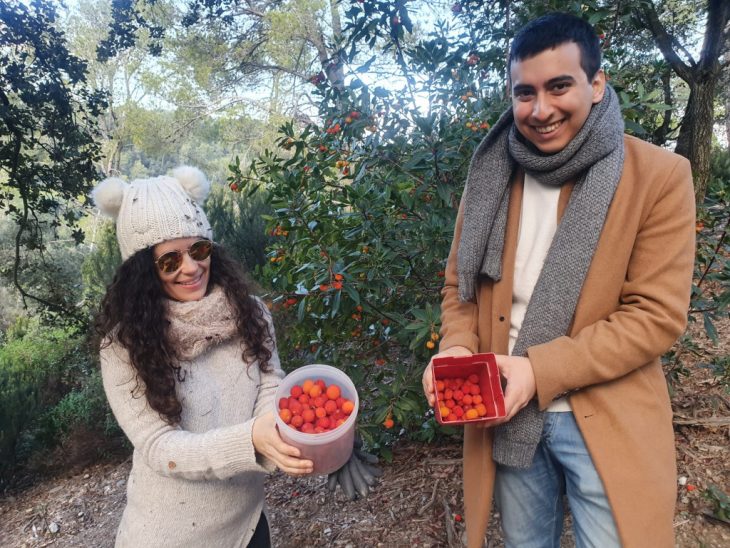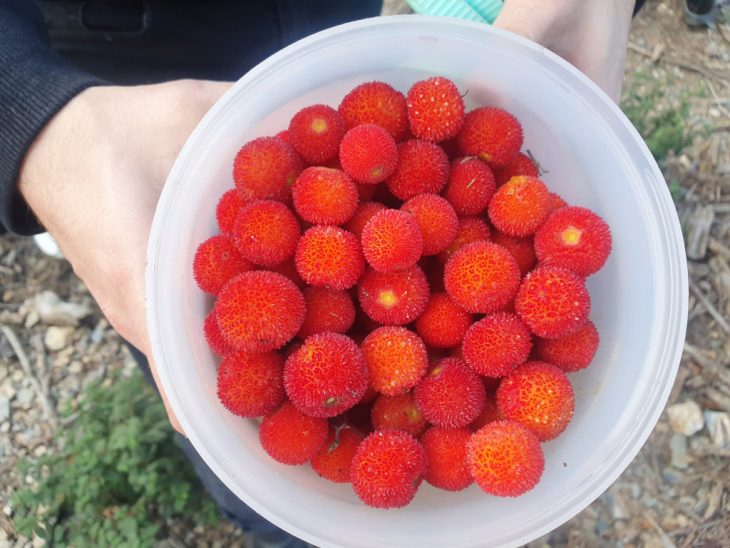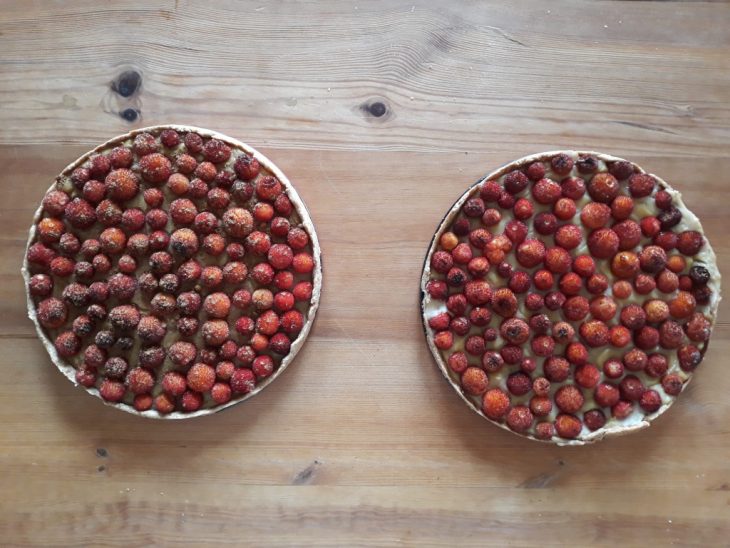As part of investigation and research into product traceability and ecological living, students of the Master in Advanced Ecological Buildings and Biocities study agricultural food cycles, and food planting and harvesting strategies. During the autumn harvesting and planting cycle, students analyzed full traceability in nutrient flows, the mapped energy and labour costs from planting to production, as well as the processes of garden to plate and from below ground to above ground. Students conduct constant sensing, logging, scanning and plant development tracking over time, and consequently measure the productivity of our farming experiences, making them measurable, using comparable methods and ultimately demonstrating the viability of human intervention.Over the centuries, the agricultural industrial sector has grown to become a force for ecological and climate change. Methods of landscape development for the production of food and material resources is now one of the most contested debates of our time.
Students conduct constant sensing, logging, scanning and plant development tracking over time, and consequently measure the productivity of our farming experiences, making them measurable, using comparable methods and ultimately demonstrating the viability of human intervention.Over the centuries, the agricultural industrial sector has grown to become a force for ecological and climate change. Methods of landscape development for the production of food and material resources is now one of the most contested debates of our time. At MAEBB, students follow guidance from ecological expert Jonathan Minchin in order to examine what emerging techniques and infrastructure can be designed to be appropriate for climate resilience, productive enough for global markets and ecologically supportive rather than reductive. The Valldaura landscape and gardens offer a unique opportunity for innovation where tacit knowledge of plant and ecosystem development combined with new computational and digital tools to enhance knowledge and practice towards an ecological optimum for agricultural systems.
At MAEBB, students follow guidance from ecological expert Jonathan Minchin in order to examine what emerging techniques and infrastructure can be designed to be appropriate for climate resilience, productive enough for global markets and ecologically supportive rather than reductive. The Valldaura landscape and gardens offer a unique opportunity for innovation where tacit knowledge of plant and ecosystem development combined with new computational and digital tools to enhance knowledge and practice towards an ecological optimum for agricultural systems.
By Jonathan Minchin and Marziah Zad.